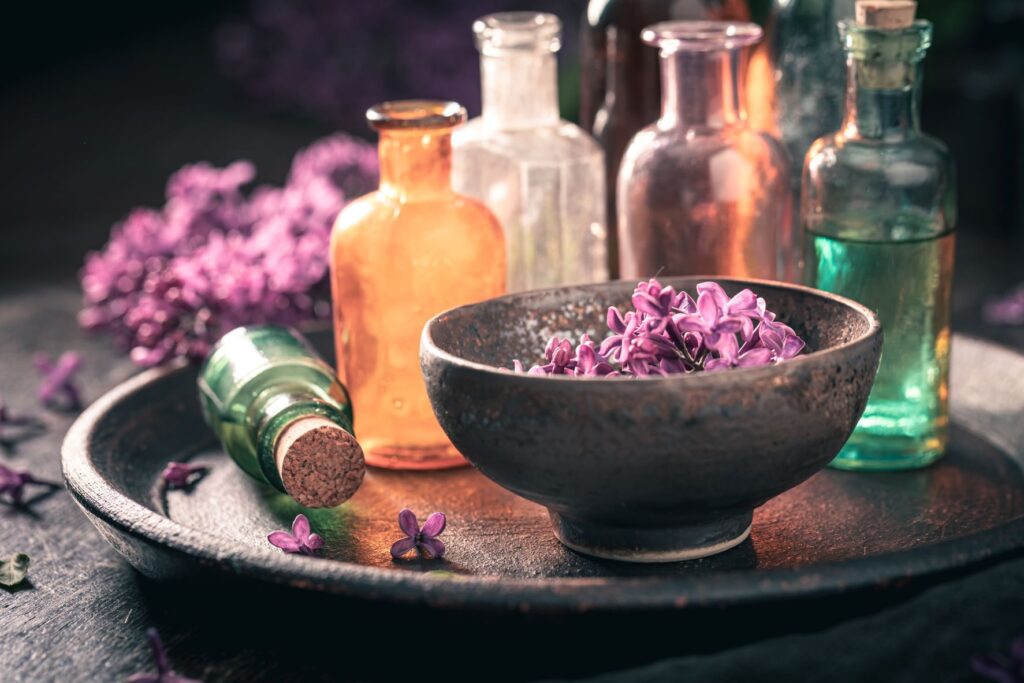What is Essential Oil Used For?
Essential oils are concentrated plant extracts which contain beneficial compounds that are good for us. A single pound of lavender essential oil contains the aroma and chemical compounds of approximately 250 pounds of lavender flower. Rose and lemon balm essential oils have the same aroma and chemical compounds as approximately 5,000 pounds. This is a lot, but it’s not difficult to make a small amount essential oil.
Aromatherapy
Aromatherapy is a natural treatment that uses essential oils to promote well-being and health. It can help with anxiety and other symptoms associated with cancer treatment. Some studies have even shown that aromatherapy can improve general well-being. Aromatherapists use approximately 400 essential oils in aromatherapy. However, they only use a few to address specific health concerns.
Essential oils are safe when used as directed. However, some essential oil are toxic and should be avoided being taken orally. They are not safe to use during pregnancy and may cause liver damage or fetal harm. Some essential oils can cause skin irritation and allergic reactions. It is important to consult your healthcare provider before you use aromatherapy.
Antidepressant
The antidepressant effects of essential oil extracts on mice have been demonstrated. Studies on Asarum heterotropoides, (Britton), essential oil have shown that it reverses the neurochemical, behavioral and immunological changes that are induced by stressful environments. It has also been shown to increase the amount of norepinephrine and 5-HT in the brain. Hence, it may be a good choice for antidepressant treatments.

Essential oils from various plants can relieve depression symptoms, including a disturbed sleep cycle. College students have reported that essential oils of wild ginger and lavender can improve their sleep quality. Although such results are preliminary, they do suggest that essential oils can complement pharmacodynamic mediation.
Detoxifying
Essential oils are known for their many beneficial properties and can be used to detoxify the body in many different ways. The most effective oils are those with diuretic and depurative properties. These oils help increase the production of urine and stimulate the liver to detoxify. Angelica, Carrot Seed, Juniperberry, and Juniperberry are some essential oils that have diuretic properties. These oils are also beneficial for cleansing the blood and helping to lower your blood pressure.
Essential oils can also be used to detoxify your body. They can also be used to treat a variety of illnesses and improve your skin quality. Many essential oils have powerful healing properties and can be used in massages to aid the detoxification process. They are high-concentrated plant-based essences that penetrate the skin easily. They can also reach the bloodstream quickly. Essential oils can quickly reach the bloodstream and can have a bitter taste. Therefore, you should always consult a professional before using essential oils for detoxification.
Calming
Essential oils are plant compounds that are of medicinal value and can be used in a variety different ways. They are often used in aromatherapy, and they are also used in household products and personal care products. However, some of the claims about essential oils are controversial. Answering the question, “What is essential oil used to do?” It is important that you understand the basics of essential oils.
Many essential oils come in different forms and each one has its own benefits. Some are known to reduce anxiety, while others may be used to relieve burns. Lavender is a natural antistress and pain-relieving drug, while peppermint can help with digestion problems, sinus issues, headaches, as well as other issues.
Antibacterial
Essential oils have long been used as medicinal ingredients because of their antimicrobial, antiseptic and antioxidant properties. These properties help to provide the body with a natural defense against pathogens. Researchers have studied the chemical composition of various essential oils and found that some have the most powerful antibacterial activity against various types of bacteria. These oils include peppermint, tea tree and oregano. They can also be used to combat different types of fungi.
Peppermint oil is a well-known essential oil that has antibacterial properties. It may also interact positively with antibiotics. It has also been shown to inhibit the growth of bacteria in the respiratory tract. Lemongrass oil, which is also often used in aromatherapy, may help with infections. It has been shown to have antimicrobial properties and may help treat skin, gastrointestinal, and blood infections.
Antiviral
Essential oil is well-known for its antiviral properties. It has been reported that essential oil inhibits cytopathogenicity in ssRNA and other dsRNA viruses. The structure of the virus determines the effectiveness of essential oils against viruses. There are cases when essential oils don’t inhibit viral cytopathogenicity. In these cases, other natural compounds may be responsible for the antiviral activity.
Mexican oregano oils are particularly effective in inhibiting DNA and other RNA viruses. This is notable, because many antiviral drugs work on the same molecule. Carvacrol, which is one of its constituents, influenced the antiviral activities of Mexican oregano. It was also shown to inhibit other viruses when added post-infection.